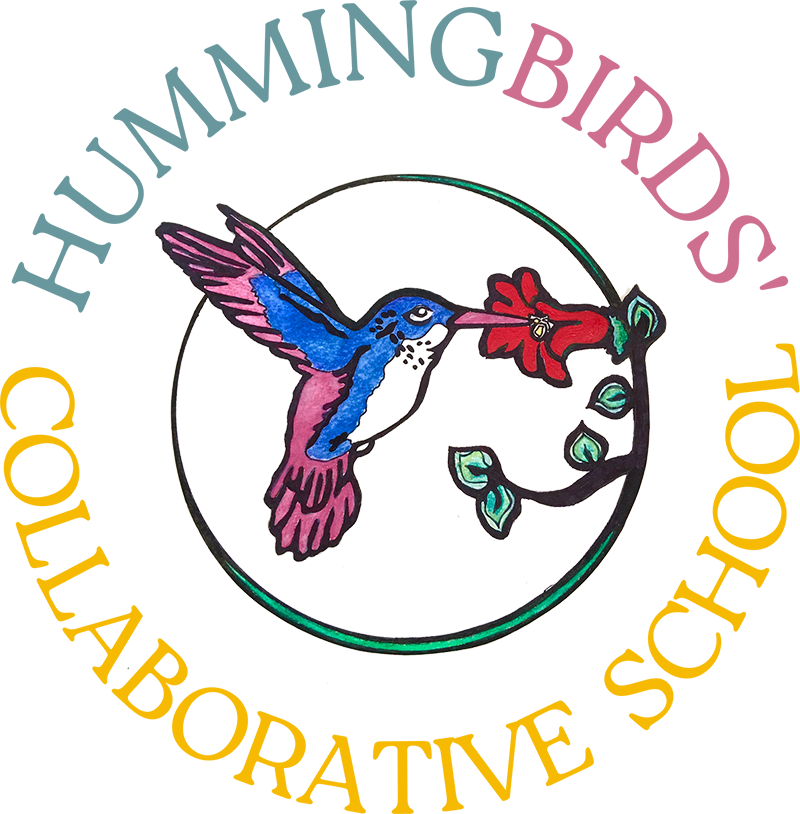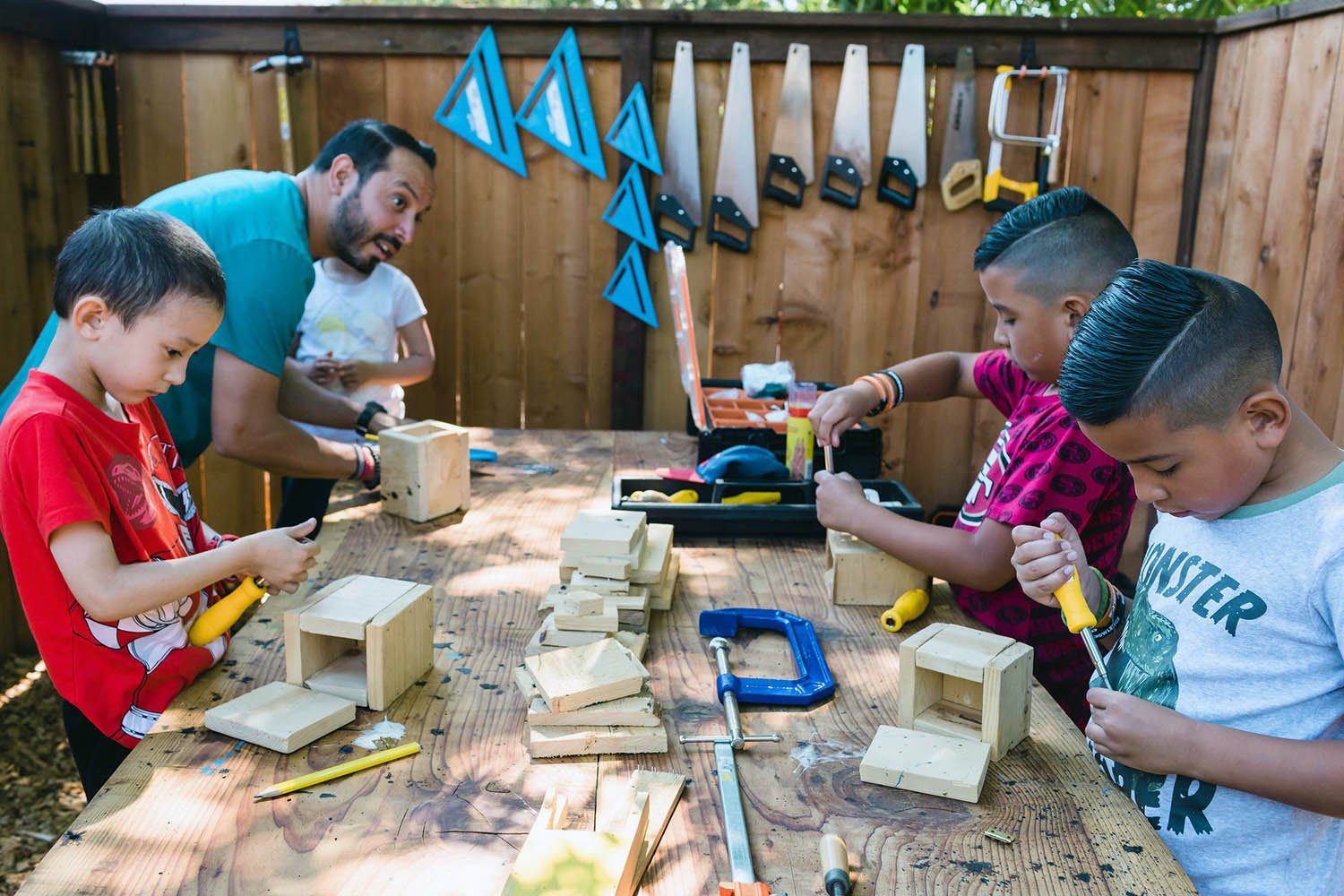3rd Grade
8 years – 9 years old
(This program is for children older than 8 years old and younger than 9 years in June.)
Through our Third Grade Core Curriculum, students explore language arts, grammar, reading, mathematics, and science. We also focus on the Humanity of Earth, how the world functions in practical life from time and space, farm and food productions, the mechanics of gardening and cultural studies of civilizations – creating shelter projects and learning how other cultures build homes.
In the Third Grade, the student is embarking on the nine-year change, where a child becomes aware of their “personhood.” The student often takes more interest in the world, and begins to question authority in order to create independence, which can create feelings of uncertainty. The curriculum recognizes these changes. The teacher, for example, introduces aspects of time management as the student begins to develop greater self-efficiency.
Language Arts
Spelling is a skill that draws upon the faculty of mental picturing. The stories of the main lesson provide spelling words, which the student incorporates into their composition writing. Daily speech work includes speech exercises, verses and poems. Students copy paragraphs from the board that they use for reading, spelling and grammar study. Writing is done by taking dictations or creating their own compositions for their Main Lesson books. Business writing is introduced.
Grammar
An introduction to the parts of speech – noun, verb, adjective and adverb is practiced as well as the study of punctuation. The children also learn to diagram sentences.
Reading
The children are encouraged to read at home every day, in addition to reading in school during main lesson and reading periods. Reading is essential in learning sentence structures, expressions of emotions and the perspective of voice. Reading strengthens a student’s pictorial capacities of imagination.
Mathematics
Our focus on the four processes deepens, and mental arithmetic takes on a more practical tone. The main theme of the year is linear measurement, including time, liquid and money. A student studies measurement beginning with body-based and neighborhood measurements, then proceeding to standardized measurement. The student begins to understand more concrete, problem-solving activities, with both individual assignments and working within groups.
History
The literary theme of the Third Grade is cultural stories from around the world. These stories afford an introduction to the history of the Native Americans, Egyptian and Hebrew people and, more broadly, a foundation of social awareness. The stories provide context for a wealth of practical activities including cooking, farming, and clothing. Other cultural stories are brought to compare the evolution in the importance of self-reliance, sustainability and working with the natural resources in order to live within the world. The stories provide context for a wealth of practical activities including cooking, farming, and clothing. Other cultural stories are brought to compare the evolution in the importance of self-reliance, sustainability and working with the natural resources in order to live within the world.
Science & Farming
The class learns that the earth is a living and breathing being in which we are all interconnected. The student learns how farm life works with the elements of nature, and how we supplement our bodies with the natural resources of growing food from plowing, sowing and harvesting. The student learns how to garden and care for the land, including woodworking to build garden beds. These practical activities develop competence and a sense of accomplishment, while preparing the children for the formal science study of the upper grades. Stories of creation from other cultures provide a broad image of the origins of the earth, plants, animals, and human beings.
House-building
The children learn that the human body is our very first home. They experience how human beings construct houses out of materials they find in the area in which they live. The class as a whole study houses from around the world.
Painting & Drawing
Basic color exercises are continued in painting and drawing with more complicated themes as well as developing a comprehension of techniques and color.
Practical Activities
The student learns practical activities and life skills through cooking, baking, and simple projects of weaving, dyeing carding, and spinning wool. The student also learns the value of money exchange through a class store, with the goal of raising money for a local charity.
Handwork
The third-grade students are introduced to the crochet hook. The student learns to create the form without a pattern, developing a sense of confidence in the material world. The Third Grade is also introduced to the practical arts of spinning and dyeing.
Modelling
The class works with beeswax modeling figures connected to the main lesson work and the seasons.
Summer Camp
Sign up for summer fun at Hummingbirds’ Collaborative School as we celebrate our sunny days with outdoor water play, hikes in nature, craft-making, and cooking together. We offer movement games and songs, daily storytelling and puppet shows, and picnic lunches in the shade of our leafy trees.
Apply
Inquire and easily apply online for grades Preschool through 1st Grade.
Tuition
See the options for our traditional school year and year-round programs.
Calendar
Find out when our school our holiday breaks and school closures are.













